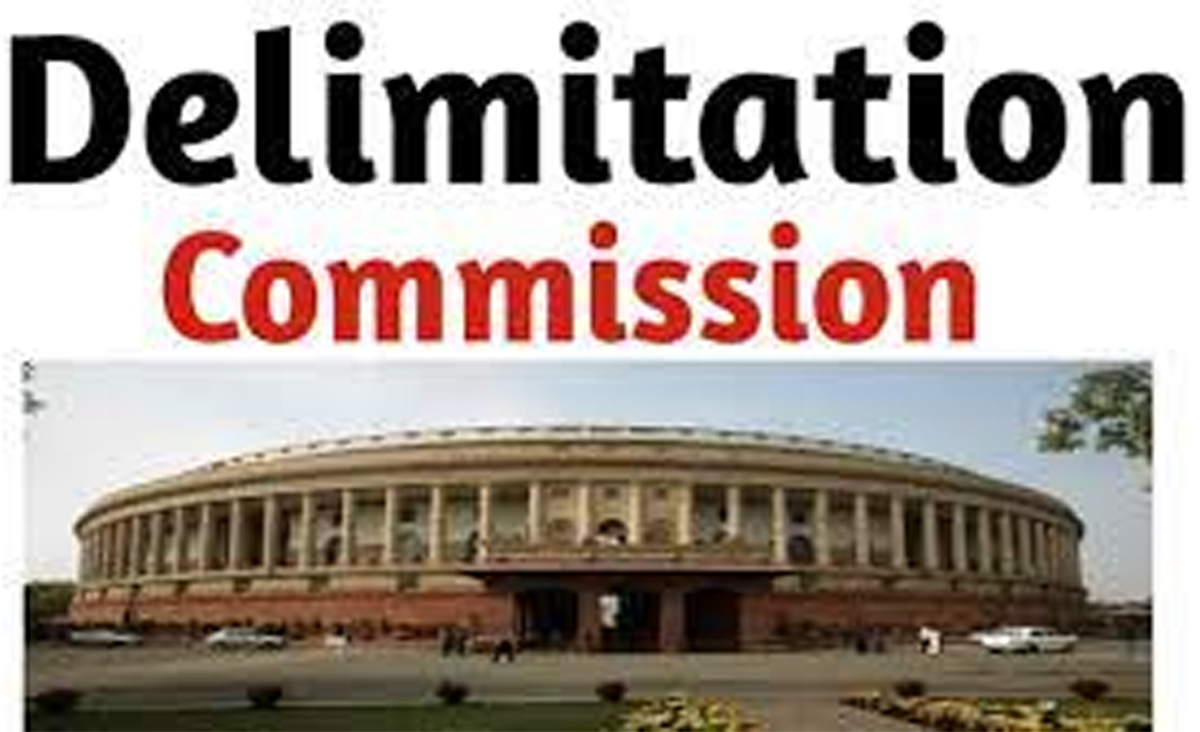‘KPs are important stakeholders in politics’
Excelsior Correspondent
JAMMU, May 9: Chief Election Commissioner CEC) Sushil Chandra, who was a member of the Delimitation Commission, has said that political parties should start seeing Jammu and Kashmir as one unit and justified recommendation for nomination of two Kashmiri Pandits to the Assembly saying they are an important stakeholders in the politics of the UT.
In an interview to a national magazine, Chandra said none can point fingers at the Delimitation Commission as they personally visited Jammu and Kashmir and gave everyone time and heard every party involved in the process.
“The political parties need to change their mindset and see the Union Territory as one single unit,” he said.
Some political parties had criticized the Delimitation Commission for clubbing twin border districts of Rajouri and Poonch in Jammu region with South Kashmir’s Parliamentary constituency of Anantnag-Pulwama. However, the Commission stuck to its decision and overruled objections including those raised by the National Conference.
Asserting that the Delimitation Commission didn’t adopt population as sole criteria for delimitation of Assembly constituencies, he said objections raised were not based on facts or legal provisions.
He pointed out that population wasn’t the criteria even when delimitation was done in 1985.
“There are Assembly constituencies in Kashmir with less than one lakh population. in Jammu, there are certain large areas with low population density. Kishtwar has population density of 29 against 3400 in Srinagar. The Delimitation Commission tried to rectify issues like lack of facilities,” Chandra said, adding some smaller constituencies were provided.
On recommendations for nomination of two Kashmiri Pandit migrants in the Legislative Assembly, the Chief Election Commissioner said they understand the difficult circumstances under which the community had to leave their homes in the Valley.
“We think the Kashmiri Pandits are an important stakeholders in the politics of Jammu and Kashmir. So we have recommended that they should be allowed to participate in the politics,” Chandra said.
For the first time in the Jammu and Kashmir Assembly, Chandra said, the Scheduled Tribes will get nine seats reserved in the Assembly.
Seven seats have been reserved for Scheduled Castes.
While splitting Jammu and Kashmir into two Union Territories through the Reorganization Act, the Union Home Ministry had increased Assembly seats of Jammu and Kashmir by seven taking total seats to 114—24 of which are reserved for Pakistan occupied Jammu Kashmir (PoJK) while election will be held for 90 seats.
Erstwhile State of Jammu and Kashmir had 111 seats including 24 reserved for PoK while elections were held for 87 seats. With creation of Ladakh as Union Territory, four seats of the region were reduced and the Assembly was left with 83 seats. However, with increase of seven seats, J&K UT will have an Assembly of 90 seats. In the previous Assembly, Kashmir had 46 seats, Jammu 37 and Ladakh four.
Delimitation of the Assembly constituencies was last held in 1994-95 during the President’s Rule when seats of the erstwhile State Assembly were raised from 76 to 87. Jammu region’s seats were increased from 32 to 37, Kashmir’s from 42 to 46 and Ladakh’s two to four. However, the delimitation was freezed in 2002 by the then National Conference Government headed by Dr Farooq Abdullah in lines with the decision taken by then Central Government led by Atal Bihari Vajpayee.


